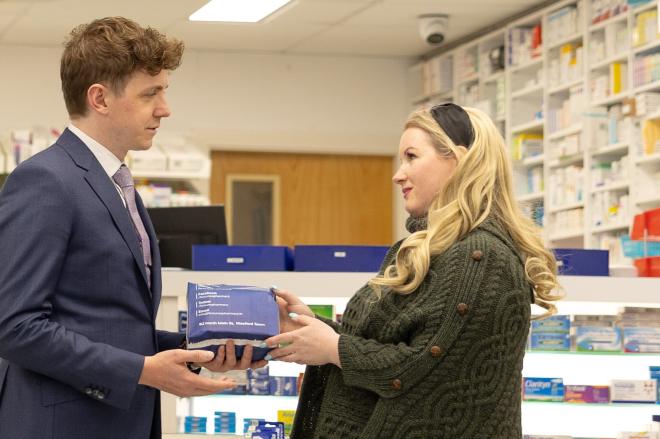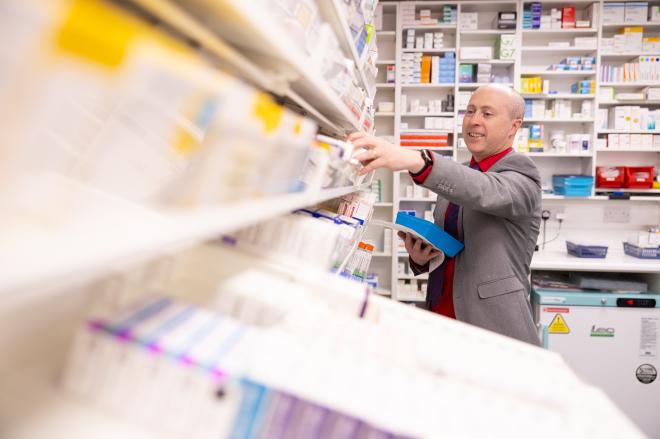Antimicrobial Resistance - Overview
Antimicrobial resistance has been recognised as one of the greatest potential threats to human health over the last decade. We all have an important role to play in helping to prevent antimicrobial resistance.
“Antimicrobial resistance is one of the greatest health challenges of our time, and we cannot leave it for our children to solve.” Dr Tedros Adhanom Ghebreyesus WHO Director-General (WHO, November 2020)
What is Antimicrobial Resistance?
Antimicrobial Resistance occurs when bacteria, viruses, fungi and parasites no longer respond to antimicrobial medicines. As a result of drug resistance, antibiotics and other antimicrobial medicines become ineffective and infections become difficult or impossible to treat, increasing the risk of disease spread, severe illness, disability and death (WHO, 2023).
The role of the PSI in helping to address antimicrobial resistance
The PSI is committed to playing its part and supports the Government’s ‘One Health’ approach to addressing the challenge of antimicrobial resistance. The ‘One Health’ approach recognises the close collaboration, communication and coordination needed across the health, agricultural and environmental sectors to optimise outcomes for people, animals and our environment to address the challenge of antimicrobial resistance.
The PSI is a stakeholder in the delivery of iNAP2, Ireland’s second One Health National action Plan on Antimicrobial Resistance 2021 – 2025. This sets out Ireland’s roadmap for tackling Antimicrobial Resistance on a national level.
Information and resources for pharmacists and the public can be accessed below.

Learn more about antimicrobial resistance and how pharmacists can help

As medicines experts, pharmacists have an important responsibility in helping to prevent antimicrobial resistance

